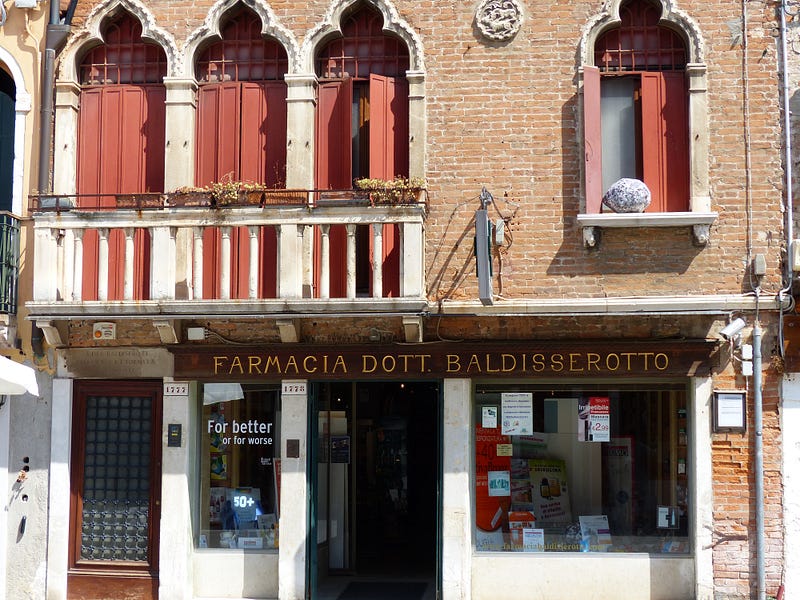 Credits: Marion Plisson
Credits: Marion Plisson
Time & productivity our “modern” society confuses, sometimes on purpose, these notions. The last echo comes from the new french minister of labor. Sent on a mission that will kill her political future, she presents progress as seen by the current french government and the french big corporation elite whose brain is stuck in the 19th century, the good old days of children labor and unlimited work hours. Of course they completely keep out of the picture and the conversation, the fact that increases in productivity have exhausted many french workers. Instead they deliver the usual neo-liberal (old-19th version) that pretend that working more hours is THE way to save the french economy, its enterprises, its competitiveness (sacred word in their world) and maybe, maybe, get a few people out of unemployment. A 9 year old child can demonstrate how wrong is this argument so I won’t wastes your time with this.
Why does each person needs to spend more time with himself, his family and friends and not less ? Why even people who enjoy their work very much need to avoid the pitfall of spending all their time working ?
As always with work and personal life balance, it ultimately boils down to these questions:
- How much am I worth to the society ?
- Why are some tasks more rewarded than others ?
- What do I have to do to deserve enough water, food and care to sustain my life ?
The value of someone’s contribution to the society is rarely analyzed publicly. The common discourse in the media is to assume that the “Market” determines the value of our work. A simple look at the reality shows that the supposed freedom of the “Market” has little to do in the valuation of many workers compensation. Of course for some professions and skills in high demand or little offer, the person enjoy the benefits of leverage and can negotiate his compensation in broader limits: plumbers, software engineers, remodeling contractors, etc. But the majority of workers don’t have any real leverage when it comes to sign an “equal to equal” contract with an employer. Sometimes the workers that do essential tasks like removing our garbage remind us how much their work is worth and do what it takes to get a raise. In these events, everyone is happy to give it and recognize that after all, they deserve it ! In France, one’s compensation is largely dependent on how long the person studied, how high a degree she got. Except for the unlucky who studied a field they like but the “Market” does not value a lot or at all. Luckily for the arts, French have something called “Intermittent du spectacle” which is a disposition that maintain a regular income, similar to an unemployment benefit, for artists who accomplish paid work long enough, regularly. With this mechanism, artists can sustain a living when they’re doing uncompensated work: practice, creation, etc.
Unsurprisingly, the government choose the beneficiaries of these dispositions, the artists, as their favorite scapegoats.
How much would you pay to have artists that have time to create ?
Then comes the fundamental question of how to distribute a minimum living wage that allow any human to sustain its existence among us. Yes you heard correctly, ANY human.
Aren’t we all human, equal in rights ?
Yes each of us has a permanent right to drink, eat and get care so that he can live among us. Why? Because we are a society of human, of minds. Either we want it or not does not matter. It’s how reality is, none of us is a pure individual, we are all born from someone else, we all come out of a common matrix. Researchers discover everyday new scientific proof of how we are all connected, all share the same roots.
Why would some deserve more than others ?
We can argue that some people deserve to get more of the good things because they give more to the community, produce “wealth” or joy. I can agree with that as long as all members of our human community get a good living share. Who are we to decide what a homeless should buy with the money we charitably gave him ? In my view, charity is a way to appease the consciousness of people who have more than others. It’s positive because it implies that people who donate still have a consciousness of the other people who don’t have enough to live a good life. It’s negative because often it prevents from fixing the root causes of the problem. There should be no need for charity to exist. In the USA, it has become a charity business because the state and federal government have stopped taking care of the business of getting food, water and shelter to all people.
I dream of the day when all charities will be out of business because humans, human communities (not necessarily in the form of state) will continuously take care of everyone.
Maybe it will not be too long, cf. “La nuit des temps”.